Limited Availability: Treatment beds filling quickly. Call now for immediate placement – (844) 561-0606
Explore a comprehensive guide to 44 inpatient, 73 outpatient, and 38 detox centers across Missouri. Compare costs, reviews, and treatment options to find the perfect rehab facility for your needs.

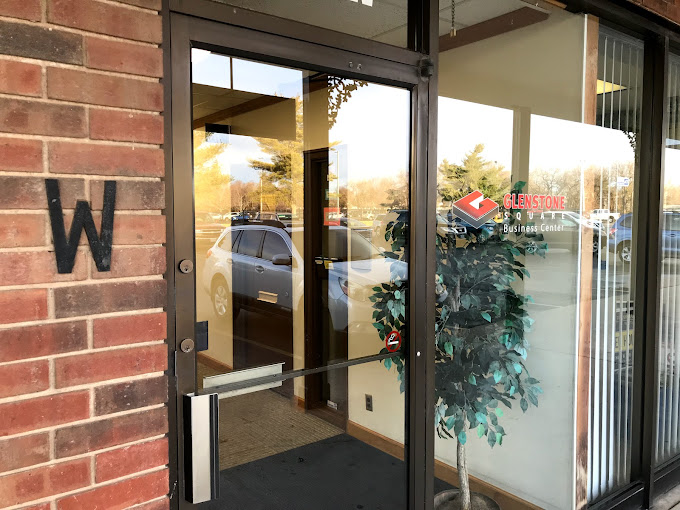 | AA Central Office of Southwest MissouriThe AA Central Office of Southwest Missouri in Springfield, MO, serves as a vital resource for individuals seeking support through Alcoholics Anonymous (AA) and related recovery programs. The office provides information on local AA meetings, literature, and resources to assist those affected by alcoholism. With a commitment to fostering a supportive community, the AA Central Office helps individuals connect with one another, share experiences, and find strength in recovery. Whether you are seeking help for yourself or a loved one, the AA Central Office is dedicated to guiding you on the journey to sobriety and building a healthier, more fulfilling life. 1722 S Glenstone Ave w202, Springfield, MO 65804 | Levels of Care:outpatient Payment Options:Free | ||
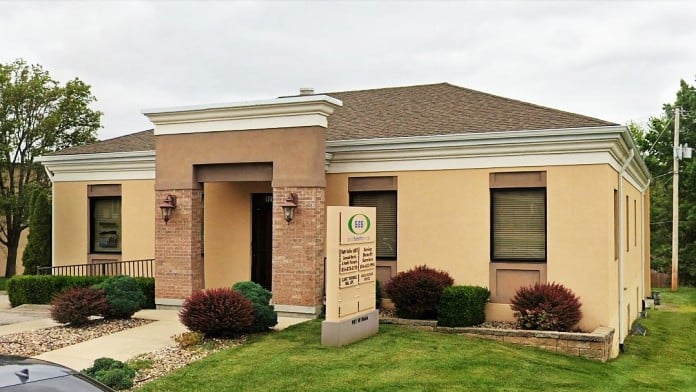 | Accent On RecoveryAccent On Recovery in Blue Springs, MO, is dedicated to providing personalized addiction treatment services for individuals seeking recovery from substance use disorders. The center offers a variety of programs, including outpatient therapy, individual counseling, and support groups, designed to meet the unique needs of each client. With a focus on evidence-based practices and compassionate care, Accent On Recovery aims to empower individuals to overcome challenges and achieve lasting sobriety. The experienced team is committed to fostering a supportive environment where clients can heal, grow, and build a brighter future. Discover the transformative services available at Accent On Recovery. 901 W Main St #111, Blue Springs, MO 64015 | Levels of Care:outpatient Payment Options:Self-Pay Options | ||
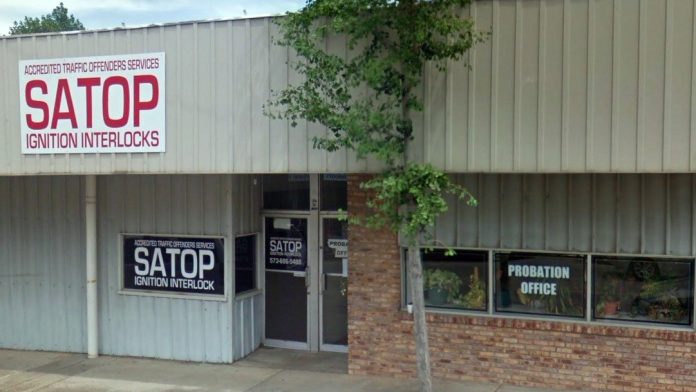 | Access Heartland Alternative Service ProgramAccess Heartland Alternative Service Program in Poplar Bluff, MO, offers innovative support services for individuals facing substance use disorders and mental health challenges. The program provides a range of evidence-based treatment options, including individual counseling, group therapy, and life skills training, tailored to meet the unique needs of each participant. With a focus on holistic care and community integration, Access Heartland aims to empower individuals to achieve recovery and improve their overall well-being. The dedicated team of professionals is committed to creating a safe and supportive environment where clients can thrive and build a sustainable path to a healthier future. Explore the transformative services available at Access Heartland Alternative Service Program. 106 S Main St, Poplar Bluff, MO 63901 | Levels of Care:outpatient Payment Options:Self-Pay Options | ||
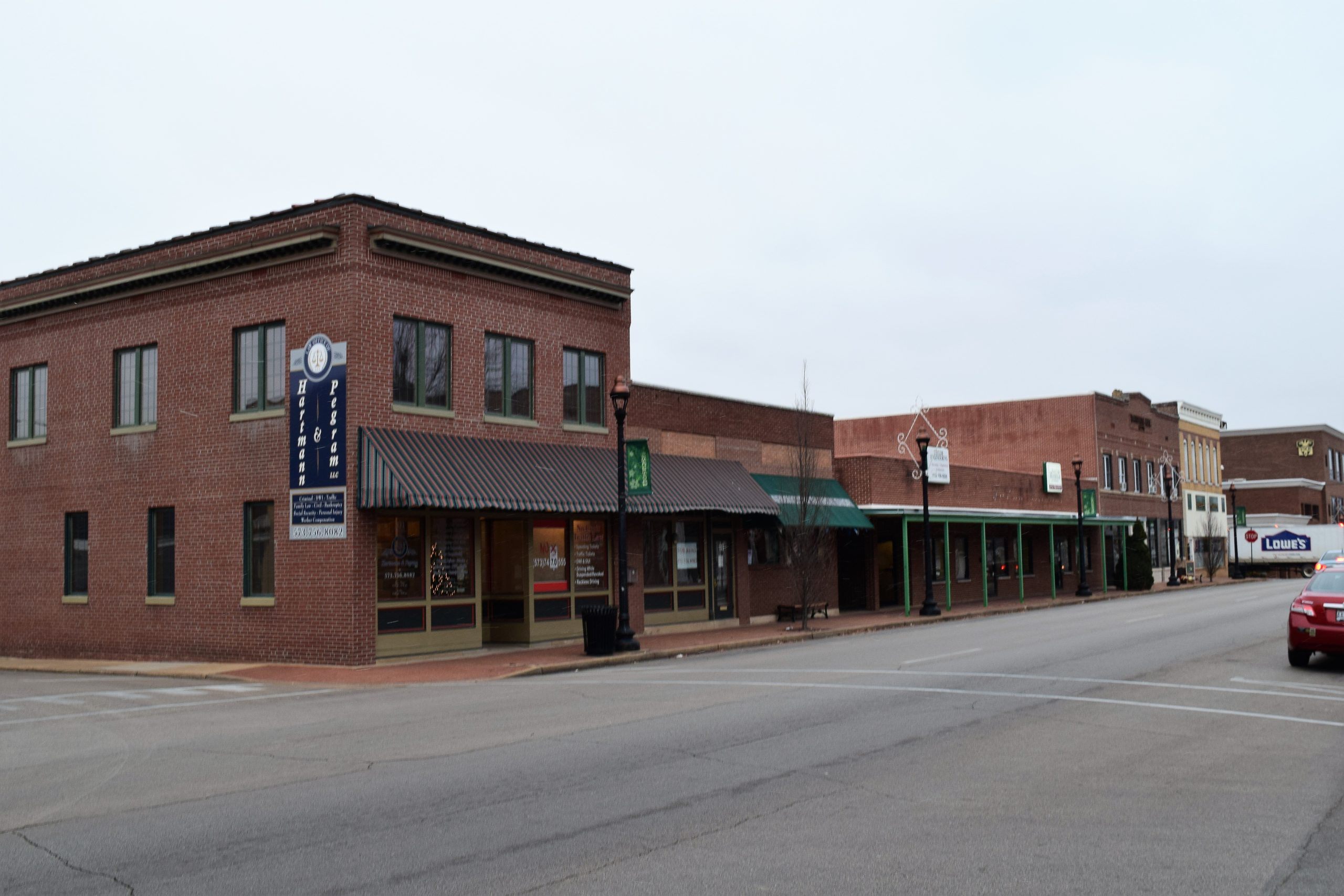 | Accredited Traffic Offender Educational ServicesAccredited Traffic Offender Educational Services in Farmington, MO, provides essential educational programs aimed at promoting safe driving practices and reducing traffic violations. The service offers courses designed for individuals who have received traffic citations, helping them understand the consequences of unsafe driving and equipping them with the knowledge to make better choices on the road. With a focus on accountability and skill development, the program fosters a supportive learning environment where participants can engage in discussions and gain valuable insights. By completing the program, individuals can not only improve their driving record but also contribute to safer communities. Explore the transformative educational opportunities available at Accredited Traffic Offender Educational Services. 125 North Washington street, Farmington, MO 63640 | Levels of Care:outpatient Payment Options:Self-Pay Options | ||
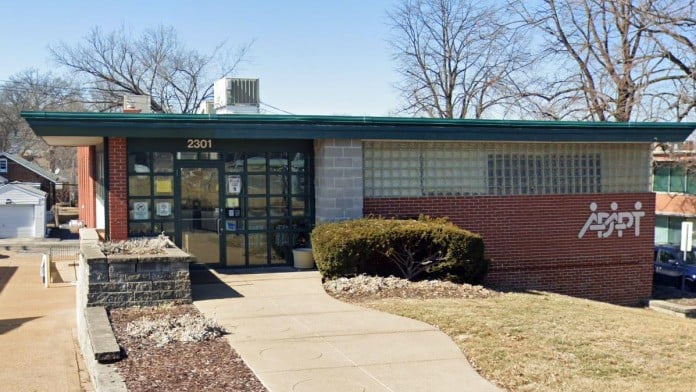 | Adapt - A Compass Health Network CompanyAdapt, a Compass Health Network Company located in St. Louis, MO, provides comprehensive mental health services tailored to meet the needs of individuals facing emotional and psychological challenges. The organization offers a range of programs including counseling, therapy, and community support, all designed to promote mental wellness and recovery. With a commitment to compassionate care and evidence-based practices, Adapt aims to empower clients to navigate their mental health journeys and achieve a balanced life. The skilled team of professionals works collaboratively with clients, ensuring personalized support and resources that foster growth and resilience. Discover the transformative mental health services available at Adapt. 2301 Hampton Ave, St. Louis, MO 63139 | Levels of Care:Inpatientoutpatient Payment Options:MedicaidPrivate insuranceSelf-Pay OptionsFinancial AidMedicare | ||
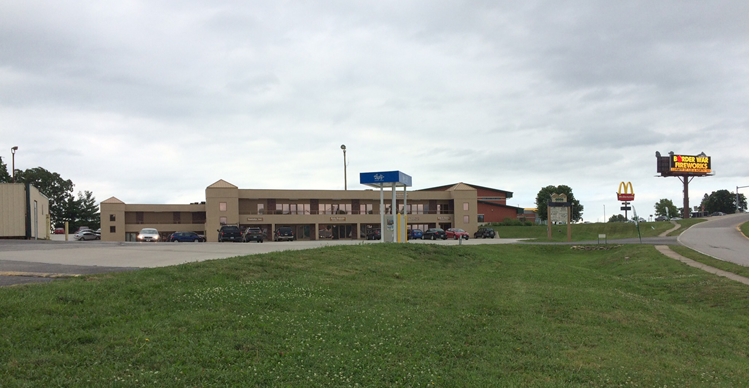 | Addiction AwarenessAddiction Awareness in St. Joseph, MO, is dedicated to educating the community about the realities of addiction, its effects on individuals and families, and the pathways to recovery. The initiative offers a variety of resources, workshops, and support groups aimed at raising awareness, reducing stigma, and promoting understanding of substance use disorders. By fostering open dialogues and providing essential information, Addiction Awareness encourages individuals to seek help and supports families affected by addiction. Join the movement in St. Joseph to create a more informed and compassionate community that champions recovery and wellness. 3442 Ashland Ave, St Joseph, MO 64506 | Levels of Care:Detoxoutpatient Payment Options:Private InsuranceSelf-Pay OptionsFinancial AidMedicareMedicaidMilitary Insurance | ||
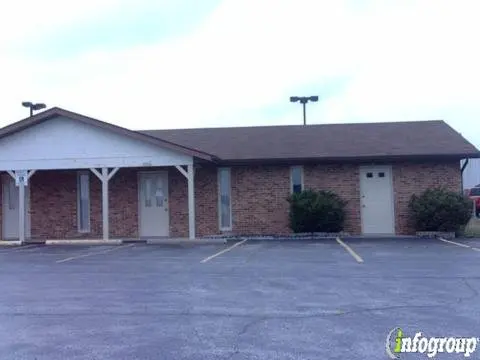 | Advanced Psychiatric ServicesAdvanced Psychiatric Services in Festus, MO, is committed to providing comprehensive mental health care tailored to the unique needs of individuals facing psychological challenges. The clinic offers a range of services, including psychiatric evaluations, medication management, individual therapy, and group therapy. With a focus on evidence-based practices and compassionate care, the experienced team at Advanced Psychiatric Services works collaboratively with clients to develop personalized treatment plans that promote healing and well-being. The supportive environment encourages open communication and empowers individuals to take charge of their mental health journey. Explore the dedicated services available at Advanced Psychiatric Services. 807 Collins Dr, Festus, MO 63028 | Levels of Care:outpatient Payment Options:Private InsuranceSelf-Pay Options | ||
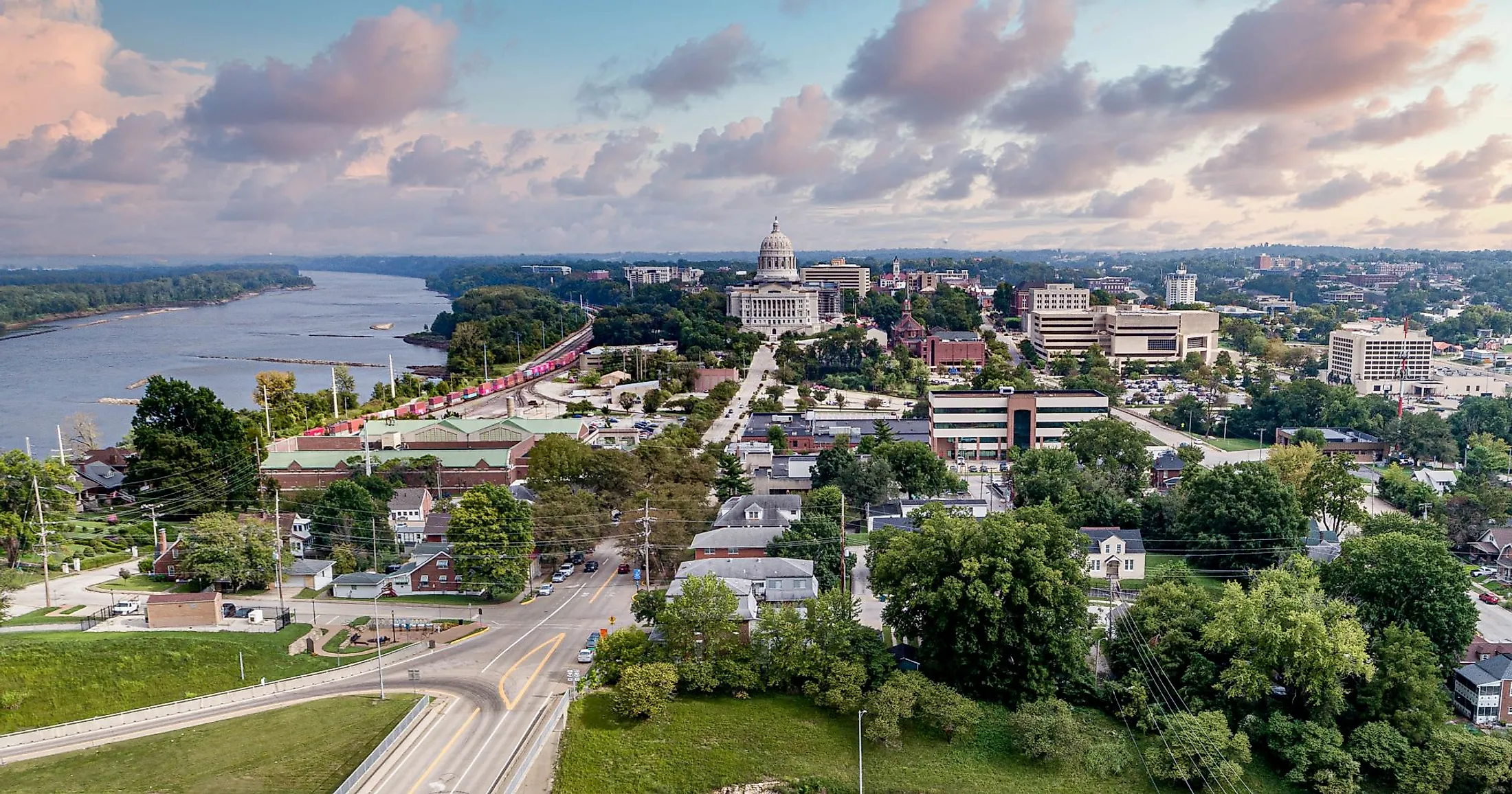 | Affiliated Courts ServicesAffiliated Courts Services in Jefferson City, MO, offers vital legal support and resources for individuals navigating the court system. The organization specializes in providing services such as case management, legal counseling, and assistance with court-related processes. With a focus on helping clients understand their rights and options, Affiliated Courts Services aims to empower individuals to make informed decisions while ensuring they receive the support they need. The dedicated team is committed to fostering a better understanding of legal proceedings and enhancing access to justice for the community. Explore the comprehensive services offered by Affiliated Courts Services. 2420 Hyde Park Rd, Jefferson City, MO 65109 | Levels of Care:outpatient Payment Options:Self-Pay Options | ||
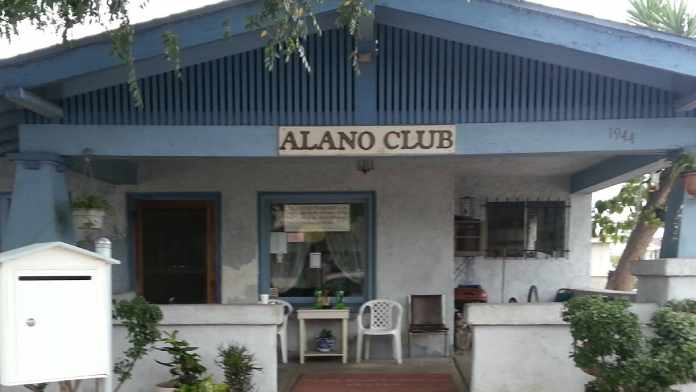 | Alano Club of JoplinAlano Club in Joplin, MO, is a welcoming space dedicated to supporting individuals in recovery from addiction and promoting a sober lifestyle. The club offers a variety of programs, including support meetings, social events, and educational workshops, aimed at fostering a sense of community among members. With a focus on peer support and shared experiences, Alano Club provides a safe environment where individuals can connect, share their journeys, and find encouragement as they work towards lasting recovery. Join the vibrant community at Alano Club and take a positive step on your path to wellness. 1800 E 30th St, Joplin, MO 64804 | Levels of Care:outpatient Payment Options:Free | ||
Alliance Counseling AssociatesAlliance Counseling Associates | Payment Options:Self-pay options | |||
Alliance Counseling AssociatesAlliance Counseling Associates | Payment Options:Self-pay options | |||
Alliance Counseling AssociatesAlliance Counseling Associates | Payment Options:Self-pay options | |||
Alliance Counseling AssociatesAlliance Counseling Associates | Payment Options:Self-pay options | |||
Alternative Behavioral CareAlternative Behavioral Care | Payment Options:Private insurance | |||
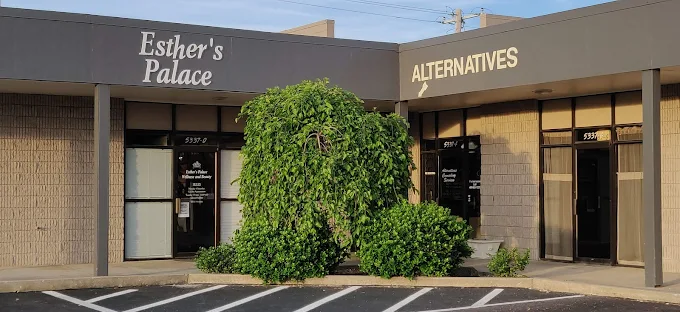 | Alternatives /Heartland Center for Behavioral ChangeAlternatives / Heartland Center for Behavioral Change is a counseling service located at 5337 S Campbell Ave F, Springfield, MO 65810, with a commendable 4.2 rating based on 40 Google reviews. This organization offers a range of mental health and substance use treatment services, dedicated to supporting individuals on their paths to recovery. With a focus on personalized care and evidence-based practices, the center aims to empower clients to overcome challenges and achieve their goals. The compassionate team at Alternatives / Heartland Center for Behavioral Change is committed to fostering resilience and promoting well-being within the community. 5337 S Campbell Ave F, Springfield, MO 65810 | Levels of Care:outpatient Payment Options:MedicaidPrivate insuranceSelf-Pay OptionsFinancial AidMedicareMilitary Insurance | 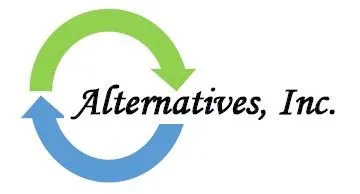 | |
ARCA - Assisted Recovery Centers of AmericaARCA - Assisted Recovery Centers of America | Payment Options:Self-pay options | |||
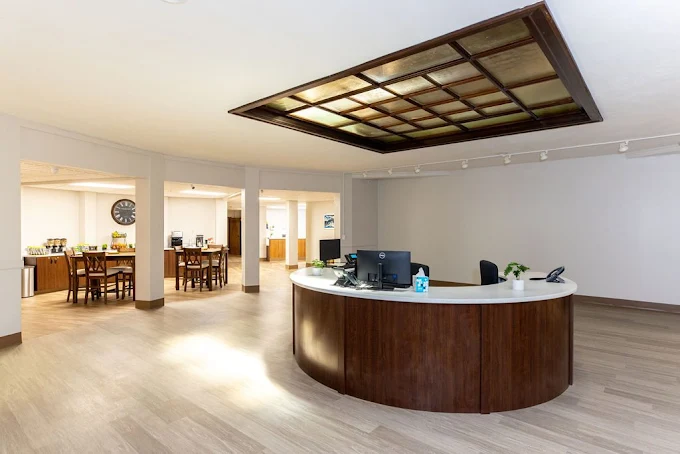 | Arista Recovery: Kansas City, MOArista Recovery is a dedicated addiction treatment center located at 7505 NW Tiffany Springs Pkwy Suite 115, Kansas City, MO 64153. With a solid rating of 4.0 stars based on 5 Google reviews, Arista Recovery specializes in providing comprehensive services, including detoxification, alcohol, and drug rehabilitation. The center focuses on personalized treatment plans tailored to meet the unique needs of each client, creating a supportive and nurturing environment for recovery. The experienced team at Arista Recovery is committed to empowering individuals to overcome addiction, rebuild their lives, and pursue a healthier, more fulfilling future through evidence-based practices and compassionate care. 7505 NW Tiffany Springs Pkwy suite 115, Kansas City, MO 64153 | Levels of Care:Medically Assisted DetoxoutpatientInpatient Payment Options:MedicaidPrivate insuranceSelf-Pay OptionsFinancial AidMedicareMilitary Insurance |  | |
Assessment & Counseling Solutions – Saint Louis, MO Rehab CenterAssessment & Counseling Solutions11648 Gravois Road Suite 245 Saint Louis MO, 63126 www.aandcsolutions.com(314) 849-2800 | Payment Options:Self-pay options Sliding scale payment assistance Private insurance Per session: $75Financial aid | |||
Assessment & Counseling Solutions Crystal CityAssessment & Counseling Solutions 805 North Truman Boulevard Crystal City MO, 63019 www.aandcsolutions.com(636) 931-5500 | Payment Options:Self-pay options Sliding scale payment assistance Private insurance Per session: $75Financial aid | |||
Assessment & Counseling Solutions in Fenton, MO Rehab InfoAssessment & Counseling Solutions630 Gravois Road Suite R Fenton MO, 63026 www.aandcsolutions.com(314) 849-2800 | Payment Options:Self-pay options Sliding scale payment assistance Private insurance Per session: $75Financial aid |
Find Missouri drug rehabs in cities near you or sort by letter.
For anyone seeking help for addiction for themselves or a loved one calls to Addiction Helpline America are completely confidential and available 24/7.
Please note: any treatment center listed on our site that receives calls is a paid advertiser.
Calls to a specific treatment center’s listing will be connected directly to that center.
Calls to our general helpline will be answered by treatment providers, all of whom are paid advertisers.
By calling the helpline, you agree to our terms and conditions. These calls are free of charge and carry no obligation to enter treatment. Neither Sober Steps nor anyone answering your call receives a commission or fee based on your choice of treatment provider.
If you’d like to explore additional treatment options or connect with a specific rehab center, you can browse our top-rated listings, visit our homepage, or call us at (844) 561-0606. You may also contact us for further assistance.
Calls to any general helpline will be answered or returned by one of the treatment providers listed, each of which is a paid advertiser:
Our helpline is available 24 hours a day, 7 days a week at no cost to you and with no obligation for you to enter into treatment. We are committed to providing support and guidance whenever you need it.
In some cases, Addiction Helpline America charges our verified partner a modest cost per call. This fee helps us cover the costs of building and maintaining our website, ensuring that we can continue to offer this valuable service to those in need.
When seeking addiction treatment, it's essential to understand the various levels of care available, such as inpatient, outpatient, and detox programs. Each level caters to different needs and circumstances, ensuring that individuals receive the appropriate support based on the severity of their addiction and personal recovery goals.
Inpatient programs provide 24/7 medical supervision and a structured environment, ideal for those with severe addictions. Outpatient programs offer flexibility, allowing individuals to attend treatment while maintaining their daily responsibilities. Detox programs focus on safely managing withdrawal symptoms and preparing individuals for further treatment.
Understanding insurance coverage and payment options is crucial for individuals seeking addiction treatment. Many rehab centers accept various insurance plans, including Medicaid, Medicare, and private insurance, which can significantly reduce out-of-pocket costs for treatment services.
In addition to insurance, many facilities offer self-pay options and financial assistance programs, making treatment accessible to a broader range of individuals. It's advisable to contact the rehab center directly to verify coverage and explore available payment plans tailored to individual financial situations.
Community support plays a vital role in the recovery process, providing individuals with a network of encouragement and shared experiences. Resources such as support groups, local organizations, and sober living houses can significantly enhance the recovery journey by fostering a sense of belonging and accountability.
Local chapters of organizations like Alcoholics Anonymous (AA) and Narcotics Anonymous (NA) offer regular meetings and support for individuals navigating their recovery. Additionally, community centers often host workshops and educational programs aimed at raising awareness about addiction and recovery resources available in the area.
Hearing success stories from individuals who have completed rehab programs can inspire hope and motivate those currently struggling with addiction. Many rehab centers in Missouri share testimonials and case studies highlighting the transformative journeys of their clients.
These stories often illustrate the challenges faced during recovery and the strategies employed to overcome them, emphasizing the importance of professional support and community involvement. By showcasing real-life examples of recovery, these narratives can encourage others to seek help and believe in the possibility of a healthier future.